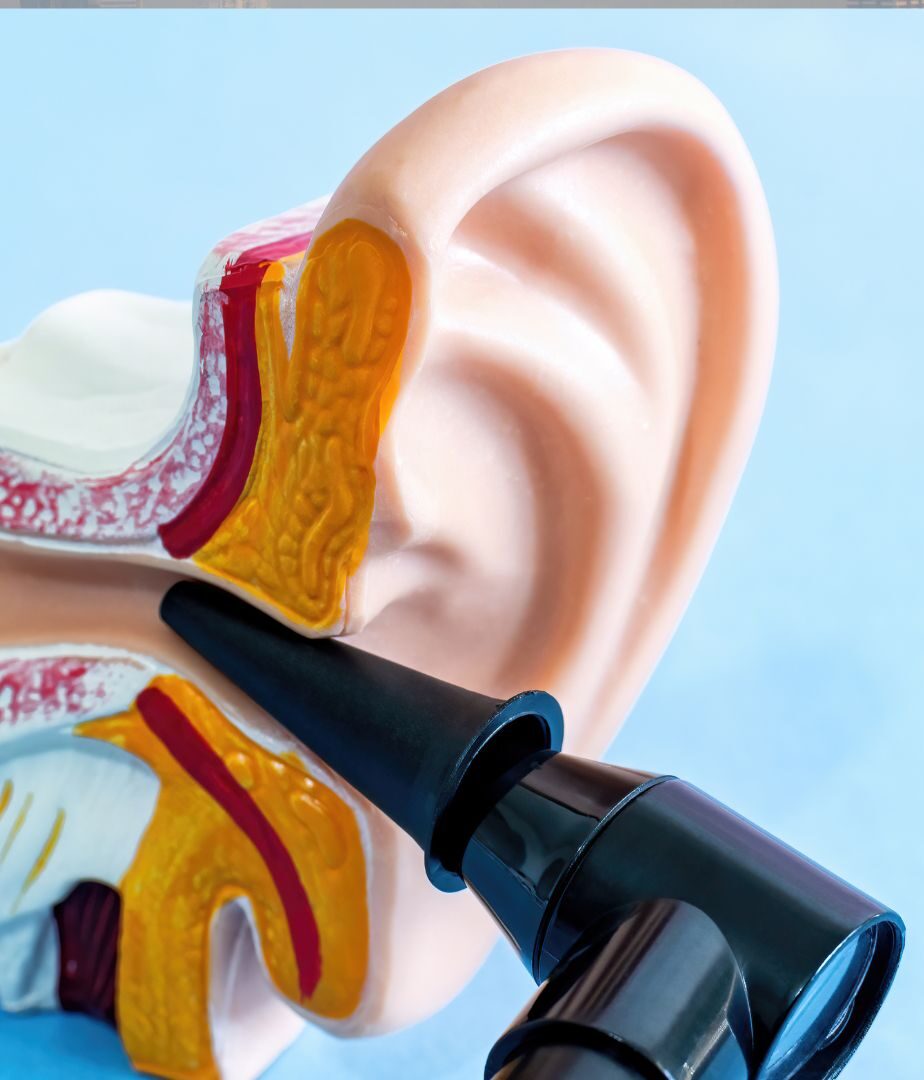Introduction to ENT Health
ENT (Ear, Nose, and Throat) health is vital for overall well-being. As an ENT surgeon, I’ve witnessed firsthand the intricate relationship between our environment and ENT conditions.
Understanding Environmental Factors
Environmental factors encompass various elements, including air quality, climate patterns, pollution levels, and allergens present in our surroundings. These factors significantly impact respiratory health and, consequently, ENT health.
The Interplay Between ENT Health and the Environment
Pollution and Respiratory Health
Air pollution, both indoor and outdoor, poses a significant threat to respiratory health. Particulate matter, volatile organic compounds (VOCs), and other pollutants can irritate the respiratory tract, leading to conditions such as rhinitis, sinusitis, and exacerbation of asthma symptoms.
Allergens and ENT Conditions
Allergens like pollen, mold, dust mites, and pet dander can trigger allergic reactions in susceptible individuals, contributing to ENT issues such as allergic rhinitis, sinusitis, and otitis media.
Impact of Climate Change on ENT Health
Extreme Weather Conditions
Climate change has resulted in more frequent and severe weather events, such as heatwaves, storms, and wildfires. These extreme conditions can exacerbate respiratory symptoms and increase the risk of ENT infections.
Changes in Air Quality
Shifts in climate patterns can also affect air quality. Rising temperatures and altered precipitation patterns can lead to the formation of ground-level ozone and increase the concentration of airborne pollutants, further compromising ENT health.
Importance of Environmental Awareness for ENT Health
Environmental awareness plays a crucial role in safeguarding ENT health.
Preventive Measures
Educating individuals about indoor and outdoor air quality and promoting measures to reduce exposure to pollutants can help prevent ENT conditions.
Lifestyle Changes
Simple lifestyle modifications, such as maintaining proper ventilation indoors, using air purifiers, avoiding exposure to allergens, and staying informed about local air quality forecasts, can significantly improve ENT health outcomes.
Conclusion
In conclusion, the link between ENT health and environmental factors is undeniable. By understanding the impact of our surroundings on respiratory health and adopting proactive measures to mitigate risks, we can ensure better ENT health for ourselves and future generations.
FAQs
- How does air pollution affect ENT health? Air pollution can irritate the respiratory tract and exacerbate conditions like rhinitis, sinusitis, and asthma, leading to ENT issues.
- What are common environmental allergens that affect ENT health? Common environmental allergens include pollen, mold, dust mites, and pet dander, which can trigger allergic rhinitis and sinusitis.
- How does climate change influence ENT conditions? Climate change can result in more frequent extreme weather events and worsen air quality, thereby increasing the risk of respiratory infections and ENT issues.
- What preventive measures can individuals take to protect their ENT health? Individuals can improve ENT health by maintaining proper ventilation, using air purifiers, avoiding allergens, and staying informed about air quality.
- Why is environmental awareness crucial for ENT health? Environmental awareness helps individuals understand the impact of their surroundings on respiratory health and empowers them to take proactive steps to protect ENT health.
About Author:
Dr. Vivek Kumar Pathak: Renowned ENT Surgeon, Senior Professor, and Founder.
Dr. Pathak, ENT surgeon at Kailash Hospital, Senior ENT Professor at Sharda University, and founder of Entegrity Care, brings expertise and innovation to healthcare. Discover the visionary behind Doxtreat Healthcare, shaping the future of ENT care.
Website www.drvivekpathak.com
Call +917838450942
WhatsApp +91 78384 50942
Book an appointment with Dr. Vivek kumar Pathak by filling the form.


